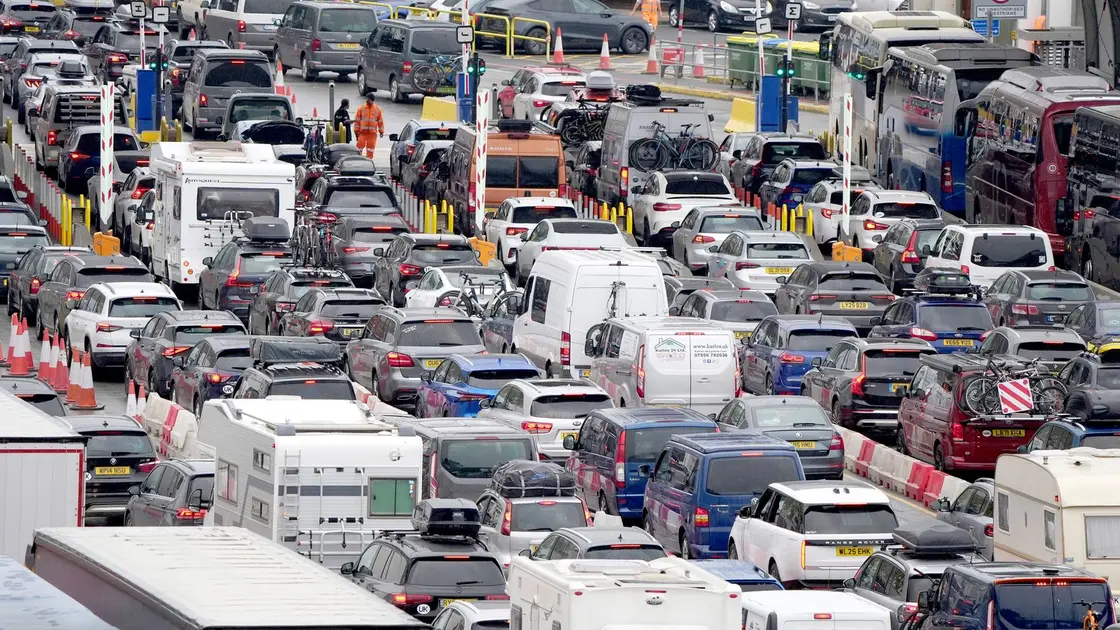T4K3.news
London Underground faces seven days of strikes
Seven days of strike action will disrupt London Underground services starting September 5 as talks over pay and working conditions break down.
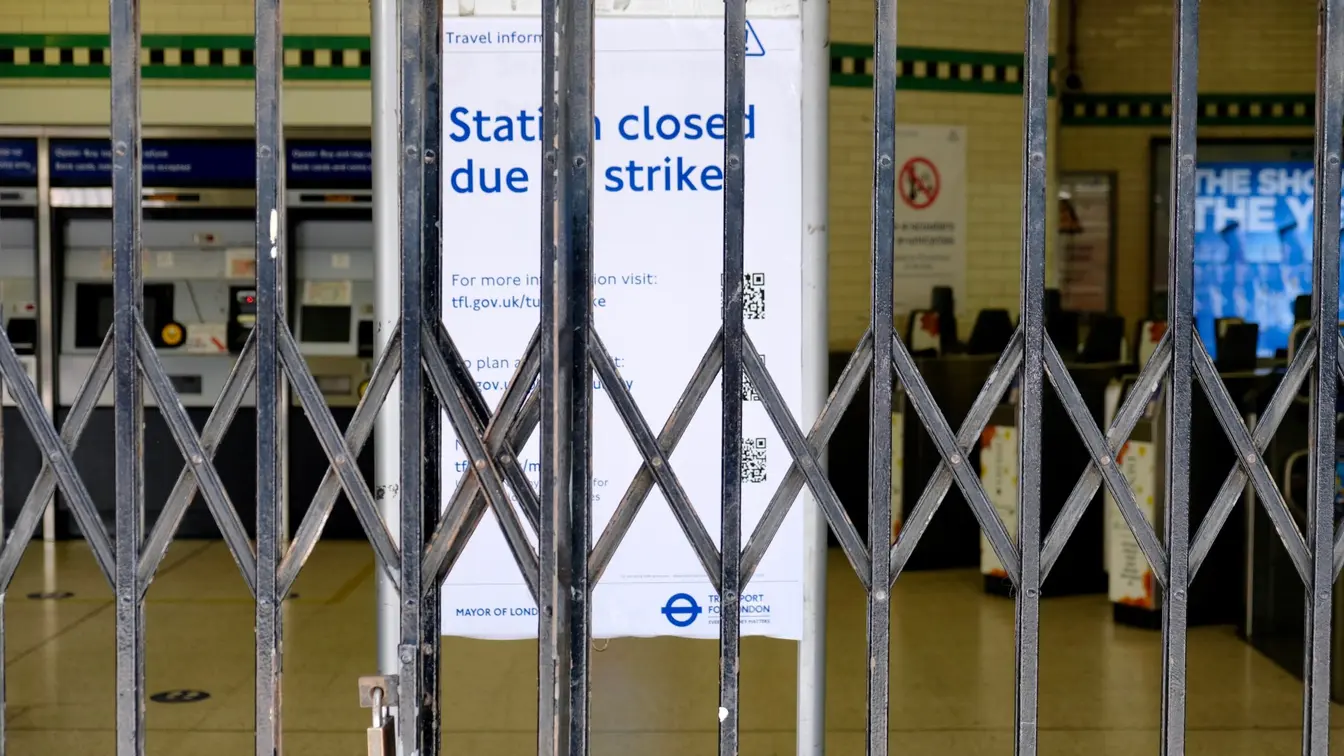
Seven days of strike action will disrupt London's transport network after talks over pay and conditions break down.
London Underground faces seven days of strikes
Seven days of strike action will disrupt London Underground services beginning September 5, with workers from several LU units and the Docklands Light Railway taking part in a separate dispute. The walkout follows a breakdown in negotiations between the Tube union RMT and LU management over pay and working conditions, and the scale of disruption is set to affect millions across the capital.
RMT General Secretary Eddie Dempsey said fatigue and extreme shift patterns are harming workers’ health and wellbeing, and that previous agreements have not been fully honoured. He added that there is a widening distrust between staff and management even as talks continue in an effort to reach a negotiated settlement.
Key Takeaways
"They are not after a King's ransom, but fatigue and extreme shift rotations are serious issues"
Eddie Dempsey on worker conditions during the dispute
"Our members are doing a fantastic job to keep our capital moving"
Statement of support to workers amid disruption
"We will continue to engage LU management with a view to seeking a revised offer"
Union commitment to negotiation
These strikes illuminate a broader tension over workload and scheduling in essential city services. When transit workers walk out, the public bears the immediate cost and faith in institutions can falter. The choice to strike signals that workers feel losing control over their hours and health in a system that relies on constant uptime.
In the short term, the disruption could push commuters toward cars or ridesharing options, raising congestion and pollution. In the longer run, unresolved labor disputes may shape how London plans funding for transit and how it manages fatigue and shift work in a tight budget environment.
Highlights
- Fatigue should not be part of the job
- London needs dependable travel not endless delays
- Management must listen before talks stall
- Workers deserve a fair schedule not a rolling timetable
Public disruption and political sensitivity risk
The seven day strike risks widespread travel chaos, budget questions, and potential political backlash as commuters, businesses, and local authorities navigate the disruption.
The city watches closely as talks resume and a path back to normal service remains uncertain.
Enjoyed this? Let your friends know!
Related News
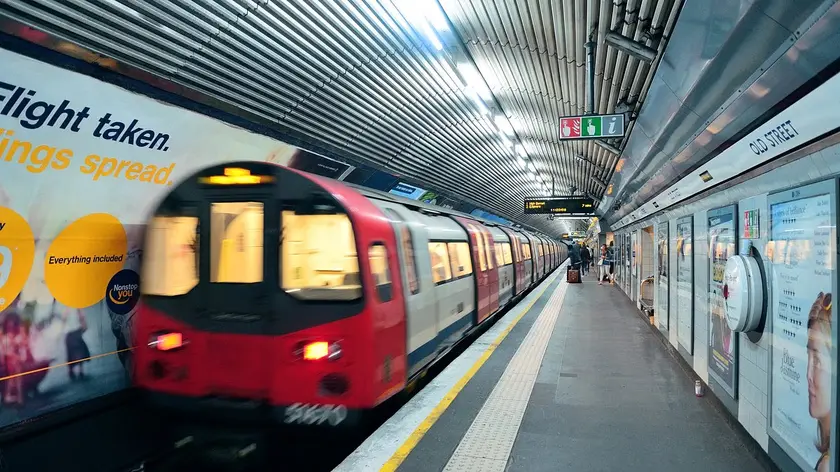
Tube network braces for shutdown
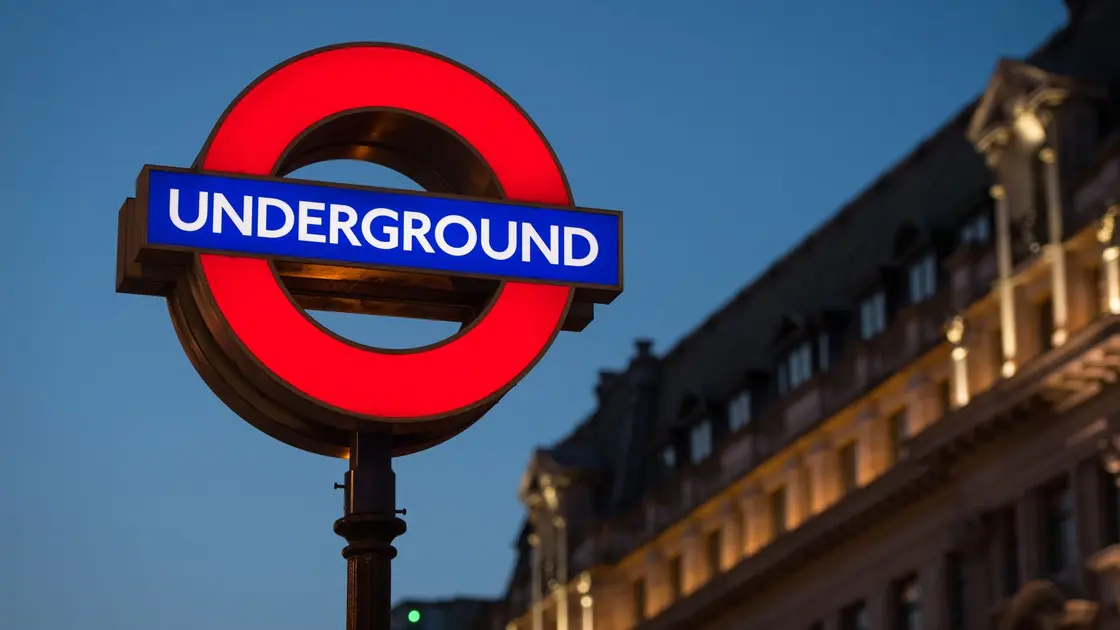
Tube strikes set to disrupt London
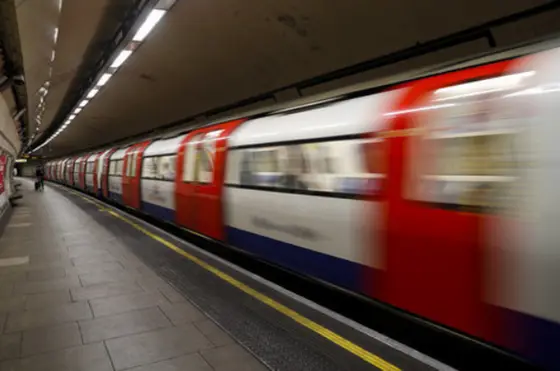
London Underground strikes set to disrupt travel
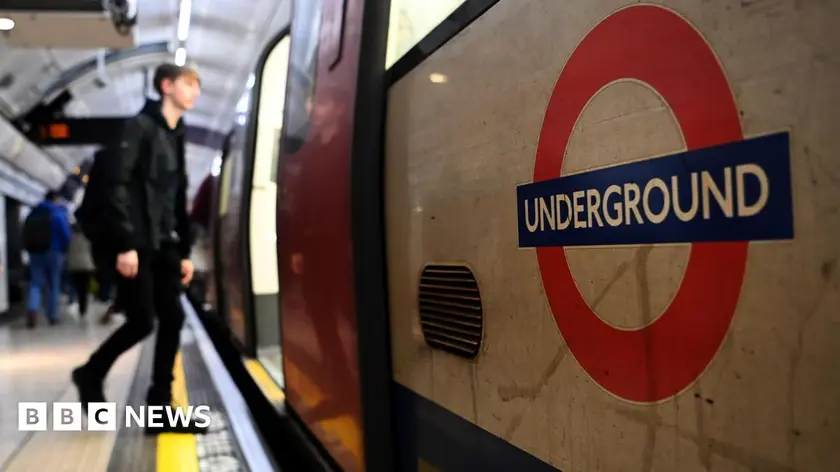
London Underground strike announced
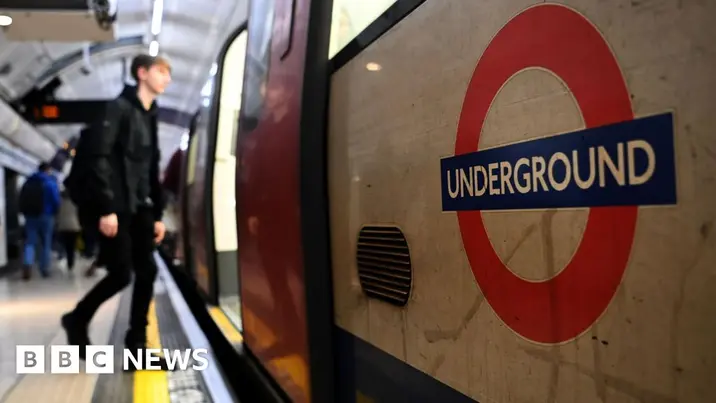
London Underground strike starts September 5
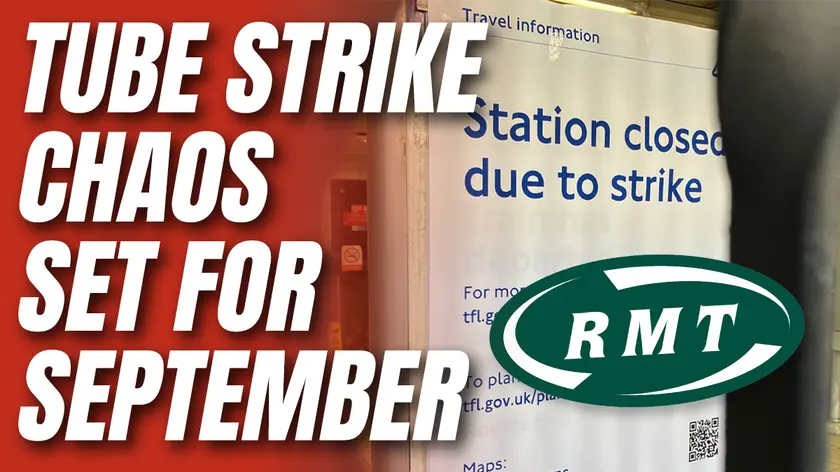
RMT rolling strike across Tube and DLR
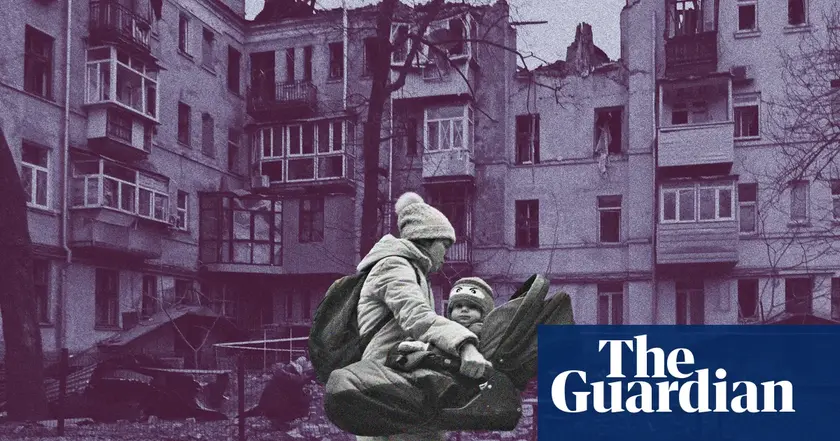
Maternity wards hit in Ukraine conflict

IDF advances in Zeitoun
